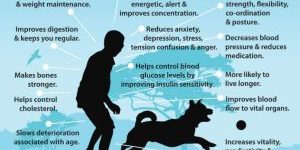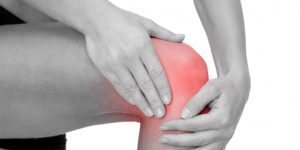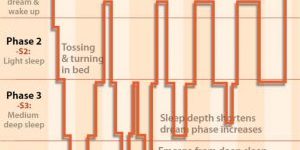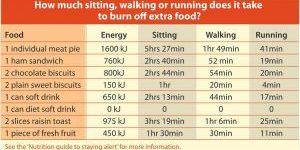Food quality and quantity
Managing stress and Fatigue
Stress is something that has been with us for a long time. Even though the cause of our stress has changed, the response in the mind and body has remained……
Mental illness. Causes and treatments
Causes of mood disorders The cause of stress, anxiety or depression is often difficult to determine and is usually a combination of social, situational and personal factors. Social factors may……
Sleep & physical activity
Do I exercise or just have a sleep? It is not uncommon for people experiencing fatigue to put this down to lack of sleep, when in actual fact there are……
Iron levels and fatigue
Iron is a mineral. It is necessary to make haemoglobin (an oxygen carrying molecule) in the blood. If iron is not eaten in adequate amounts in the diet; anaemia, tiredness……
Avoiding injury when exercising
Regardless of your exercise choice, one truth applies to everyone: preparation can prevent injury. Many common exercise injuries stem from overlooking two basics: warm-up and stretching. Warm-up: The idea of……
Optimising sleep for night shift
In a 2018 article in the British Medical Journal (BMJ 2018;360:j5637 doi: 10.1136/bmj.j5637 [Published 1 March 2018]) the topic of optimsing sleep for night shift was covered with the aim……
How sleep works
Good sleep helps us wake up feeling refreshed and alert for our daily activities. Sleep affects how we look, feel and perform on a daily basis. If sleep is cut……
Top 10 sleep tips
Poor sleep habits have often been reinforced over many years. The good news is that there are some common things you can do that will improve your sleep hygiene. Different……
Body weight & fatigue
EXCESS BODY FAT INCREASES THE LIKELIHOOD OF SOMEONE GETTING FATIGUED Imagine walking around all day with a backpack on containing a 10 kg brick. Wouldn’t you feel more tired at……
Napping
Effective napping is a skill, which cannot be achieved by everyone. Napping cannot replace sleep, but can assist in times of sleep debt, extreme tiredness and/or when heightened alertness is……










